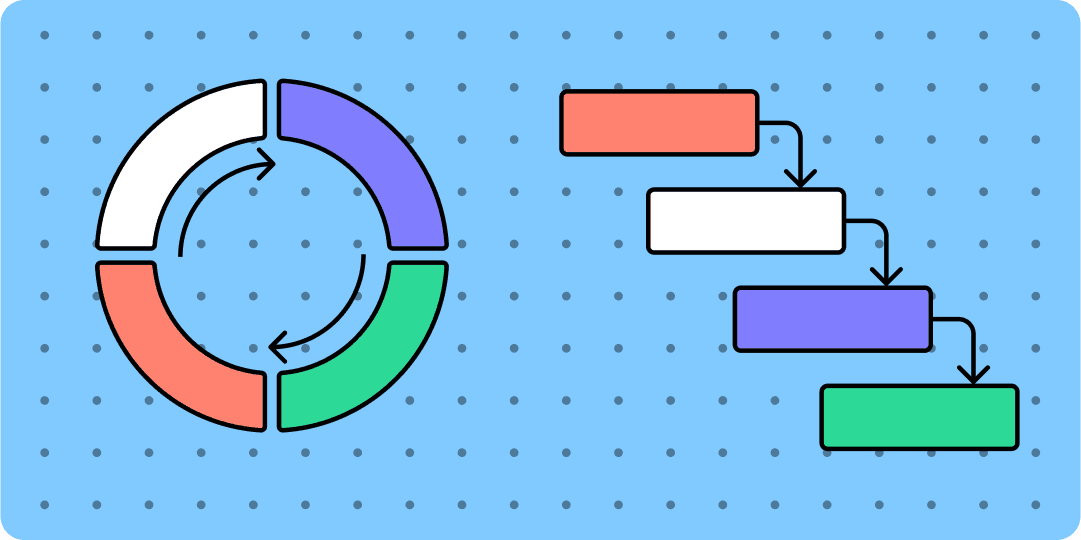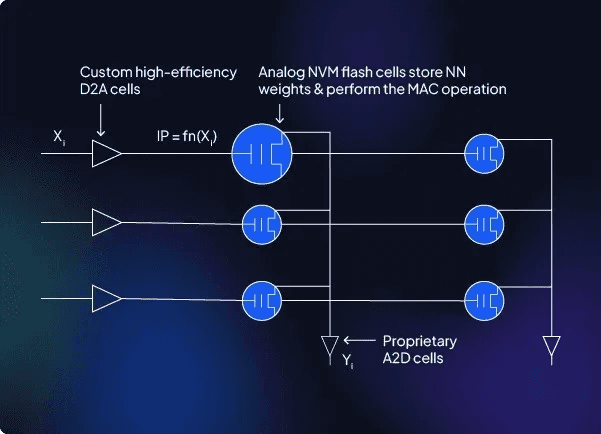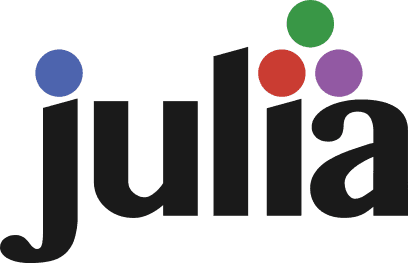Programming
Software Development Methodologies Comparison
for 2024 and Beyond
3. 4. 2024
Choosing the right software development methodology is a crucial decision. It sets the foundation for your project's success, influencing timelines, budgets, adaptability, and ultimately, the quality of the final product. Let's explore the methodologies dominating the landscape and how to choose the one best suited to your specific needs.
Key Methodologies at the Forefront
Agile Development (Scrum, Kanban)
Focus: Iterative development, rapid feedback, flexibility
Best for: Projects with evolving requirements, need for early releases, close collaboration.
Keywords: "Agile software development", "Scrum", "Kanban", "sprints", "user stories"
DevOps
Focus: Unifying development and operations to increase delivery speed and improve reliability.
Best for: Businesses focused on fast, continuous software releases and deployments.
Keywords: "DevOps practices", "CI/CD pipelines", "automation", "infrastructure as code"
Lean Development
Focus: Eliminating waste, maximizing value. Builds on Agile principles with an emphasis on streamlined processes.
Best for: Teams prioritizing efficiency, fast delivery, and customer-centric development.
Keywords: "Lean software development", "MVP (Minimum Viable Product)", "value stream mapping", "feedback loops"
Scaled Agile Framework (SAFe)
Focus: Scaling Agile principles to large organizations with multiple teams and complex projects.
Best for: Enterprise-level projects demanding coordination, alignment, and structured governance.
Keywords: "SAFe", "agile release train", "portfolio management", "value streams"
Choosing the Right Methodology – Factors to Consider
How complex is my project?
Simple projects: May benefit from lightweight Agile methods (basic Scrum, Kanban).
Large, complex projects: Consider more structured approaches (SAFe) or a hybrid using Agile at the team level with overall coordination.
How likely are my requirements to change?
Uncertain or evolving requirements: Agile is built for this! Choose methods emphasizing iterations and feedback (Scrum, Lean).
Well-defined, stable requirements: A more structured approach (Waterfall variations, SAFe) might be a better fit.
What's my team like?
Small, co-located teams: Agile often excels due to close communication.
Large or distributed teams: Look into tools and practices from DevOps to streamline collaboration and deployment across distances.
Will stakeholders be closely involved?
High stakeholder availability and desire for feedback: Agile's iterative nature is a perfect fit.
Limited stakeholder availability: A more structured approach with clear milestone reporting might work better.
Does my industry have specific regulations?
Highly regulated industries (healthcare, finance): You may need methodologies that accommodate extensive documentation and audit trails.
Additional Trends to Watch
Low-Code/No-Code Development: Graphical platforms enabling rapid development with less traditional coding.
AI-Augmented Software Development: Leveraging artificial intelligence for tasks like code generation and testing.
The Bottom Line: No single methodology is a one-size-fits-all solution. Selecting the right approach boils down to understanding your project's unique requirements and the strengths of each method. Consider consulting a software development expert for a personalized assessment.
Key Takeaways for High Search Intent:
Problem-Solution Framing: The title and structure address the common need to choose the right methodology for project success.
Actionable Content: The methodology descriptions are paired with phrases like "best for..." to help in decision-making.
Specific Keywords: I've woven in terms frequently searched by developers and project managers.
Written by: Matthew Drabek
-If you want to learn about Digital Trans4orMation's proprietary HolisticDevelopment® Methodology get in touch with us via sales@trans4ormation-bs.cz
For our Services, feel free to reach out to us via meeting…
Please share our content for further education


